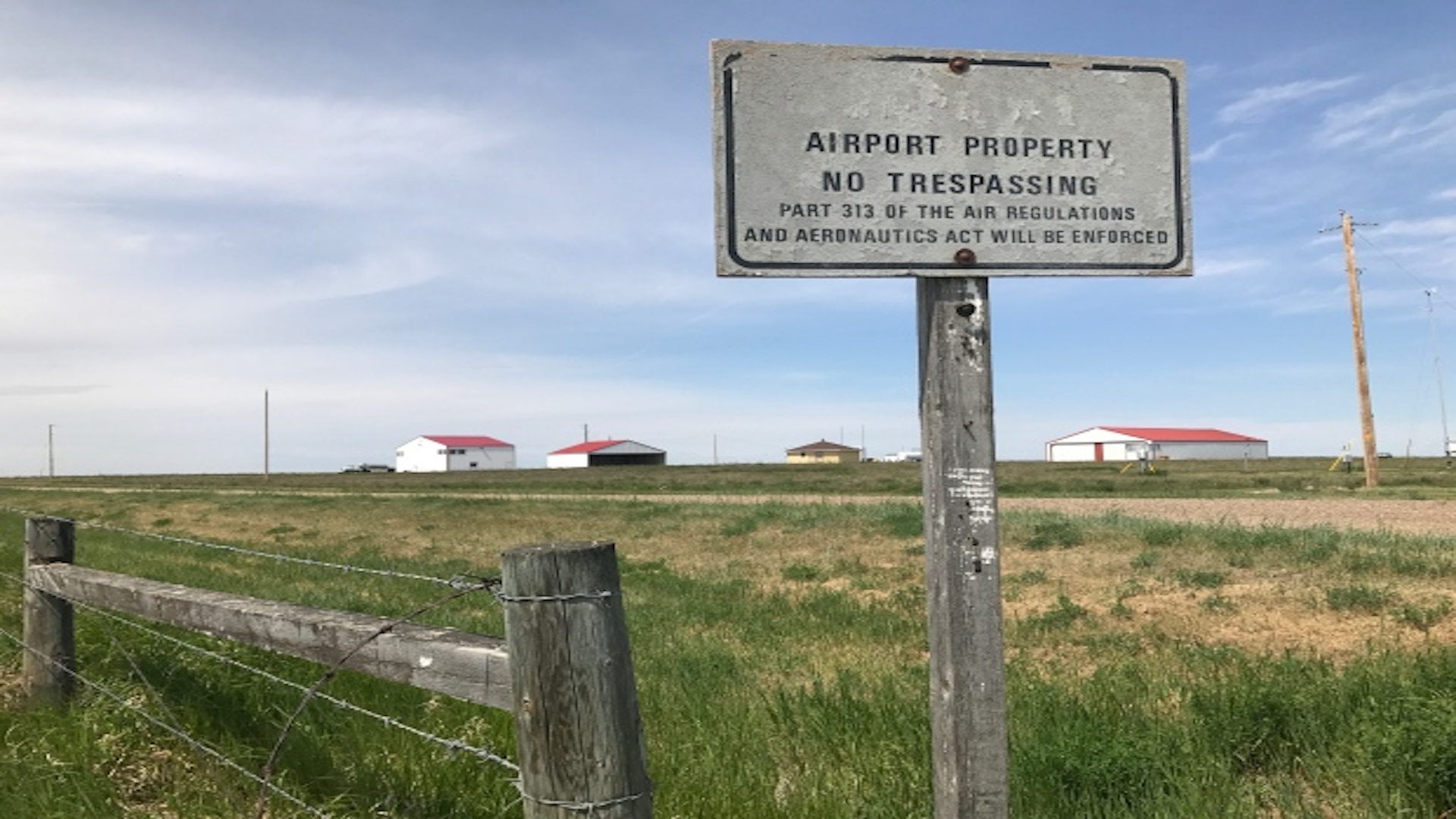

The Canadian town of Foremost, Alberta—population 541—has just caught a nice, drone-related break. Thanks to a special “beyond line-of-sight” ruling passed in 2016—a unique situation to all of North America that Foremost can now exclusively take advantage of—drone testing in the town can occur over ranges beyond what the human eye can see.
That means drones can fly dozens of kilometers removed from the operator, as opposed to one or two. This is a form of testing which has been hampered by air-traffic regulations in the U.S. and Canada, until the aforementioned ruling.
In addition to the data and information this will produce regarding drones, the ruling will also significantly affect Foremost’s economy, job opportunities, and choices for the town’s youth.
While Foremost and its surrounding region draw plenty of tourism activity into the local economy, the remaining business opportunities of the town are largely relegated to a small, uninspired list comprised of fuel extraction or working for chemical plants. As the mayor of Foremost, Ken Kultgen, puts it, “The options are get into agriculture or get into oil and gas or chemical business,” which he feels extensively limits the range of opportunities for Foremost’s younger people, and the choices they can make in the future.
The recent ruling, he believes, will change everything. “With this, it means the young people out of Foremost can go out and get their education in a technical field…and come back and be working in the community that they grew up in.”
The results are already beginning to manifest themselves. As CBC puts it, “One company is already considering setting up a workspace in the community where the final assembly of drones would be completed and then the devices tested, before being packaged in a crate and shipped elsewhere in the world. That could create a dozen new jobs.”
And while most towns might not feel much of an impact from a handful of extra jobs, it seems to be working for Foremost. Mayor Kultgen agrees with this economic strategy, saying, “30 people makes quite a bit of difference…if they have families, to keeping the school open, the grocery store open, all the service businesses that we have in town.”
As a result of the ruling, there’s interest from corporations in Europe and the U.S. that want to take advantage of the benefits. Calgary-based company Ventus Geospatial, for example, is already using Foremost to advance their drone-related wildlife, agricultural, and pipeline inspection capabilities.
Stephen Myshak, CEO of Ventus Geospatial, explains, “Before, Transport Canada wanted data from our company to show our equipment could go beyond the line of sight. But it was kind of a catch-22 because there was nowhere we could go legally and fly beyond line of sight to get them the data.”
Going forward, testing beyond the line of sight can occur without restriction—besides the airspace restriction in the months of June and July to prioritize the town’s crop-dusting schedule, of course. Either way, Foremost is about to get a whole lot of business from the drone industry.